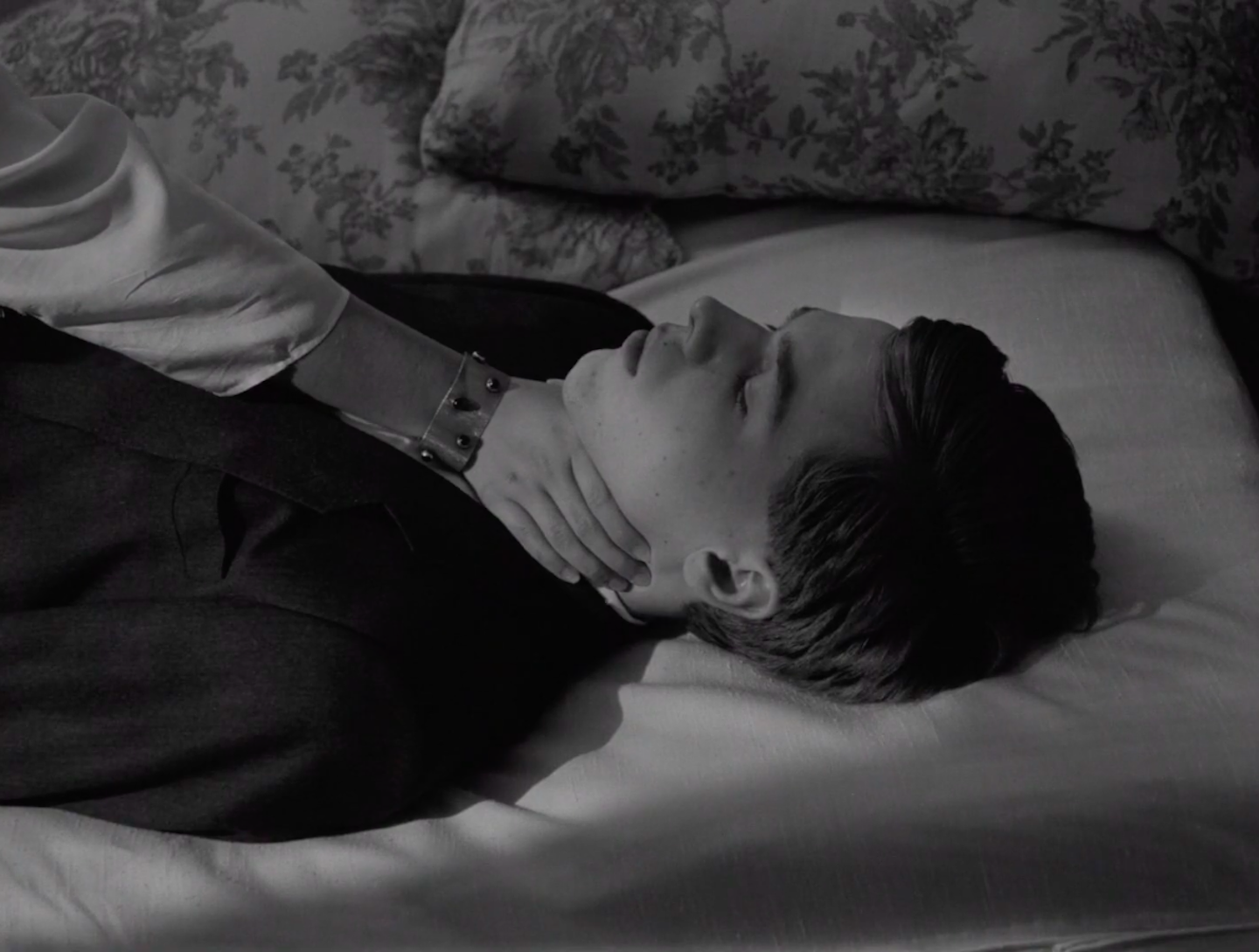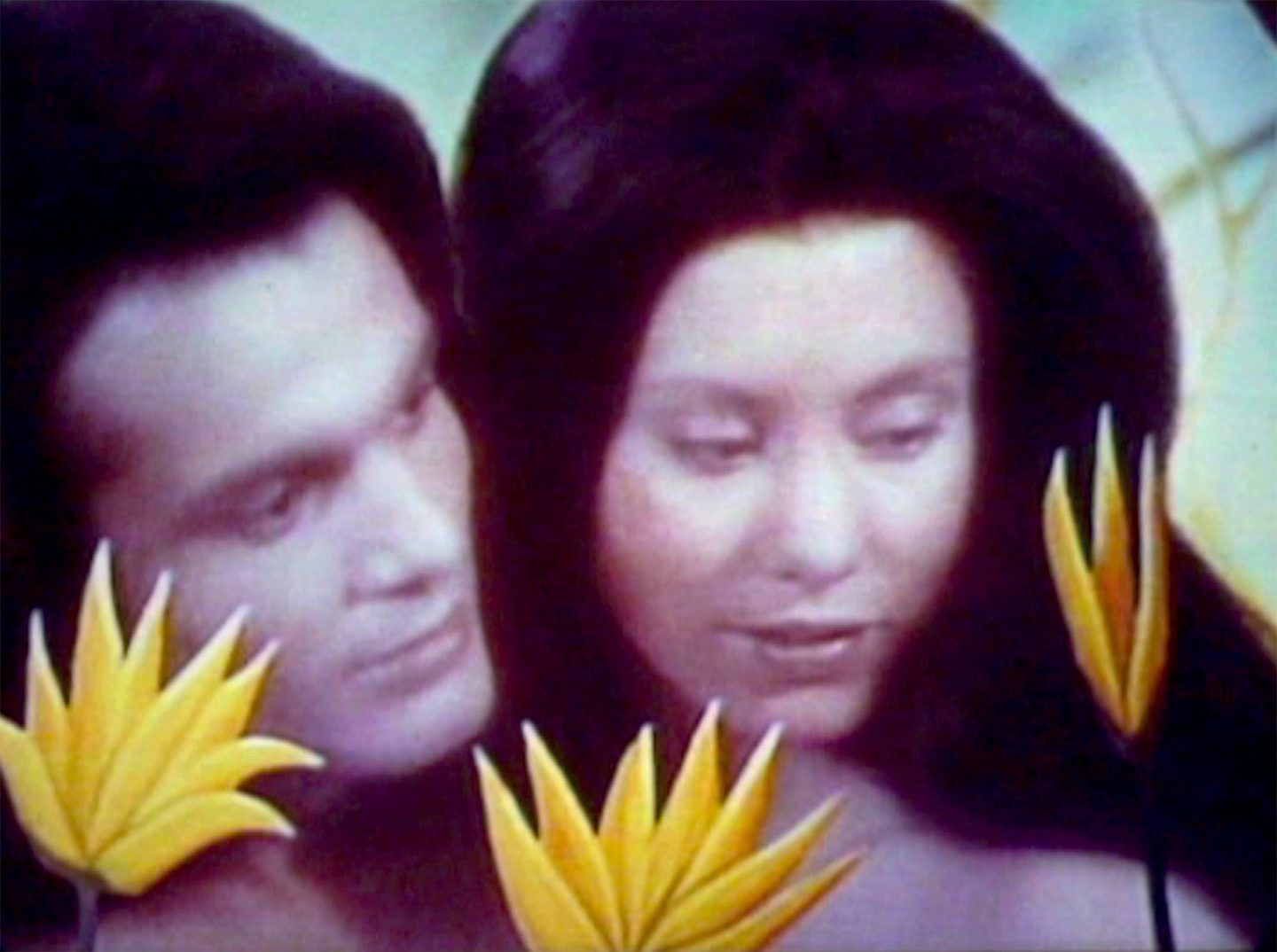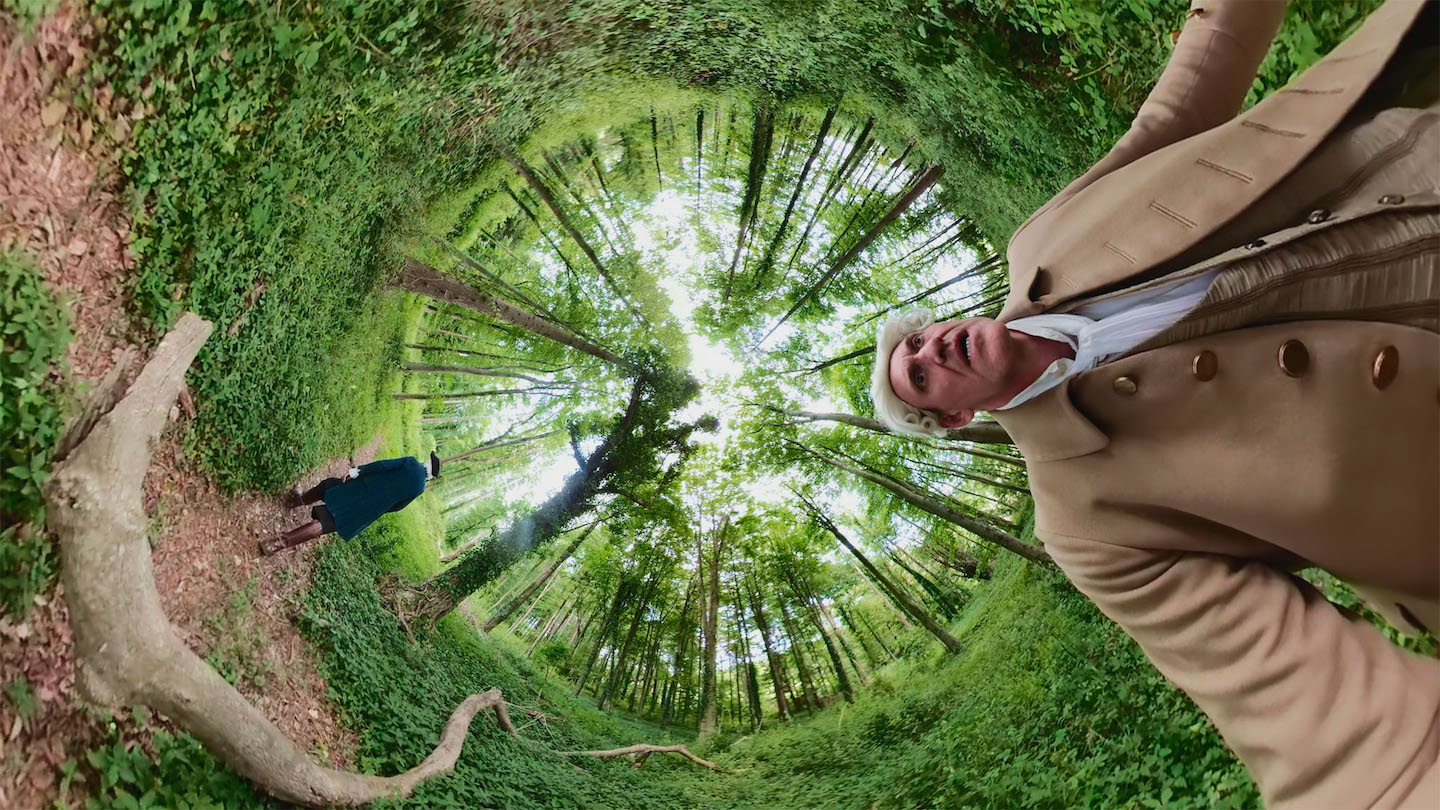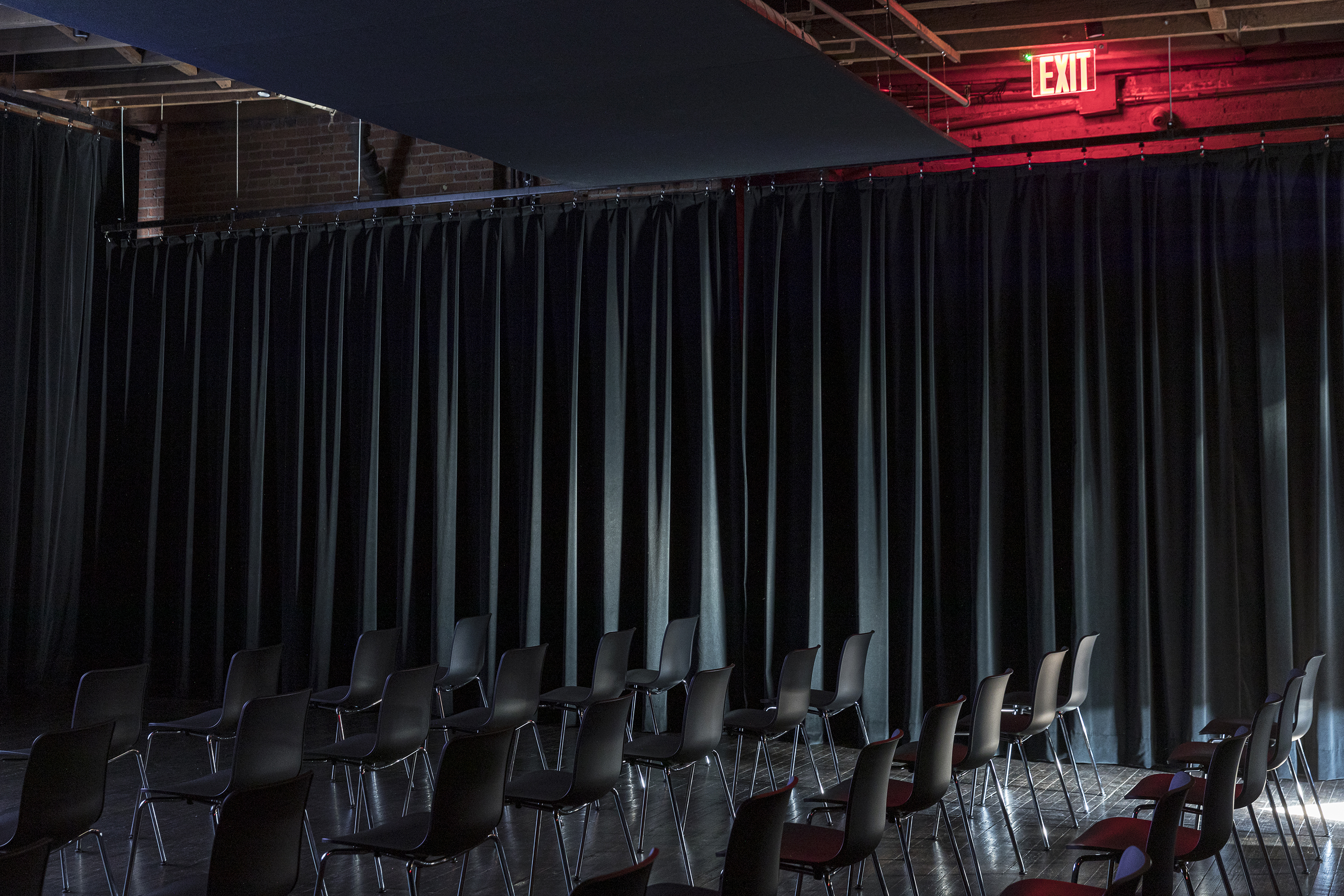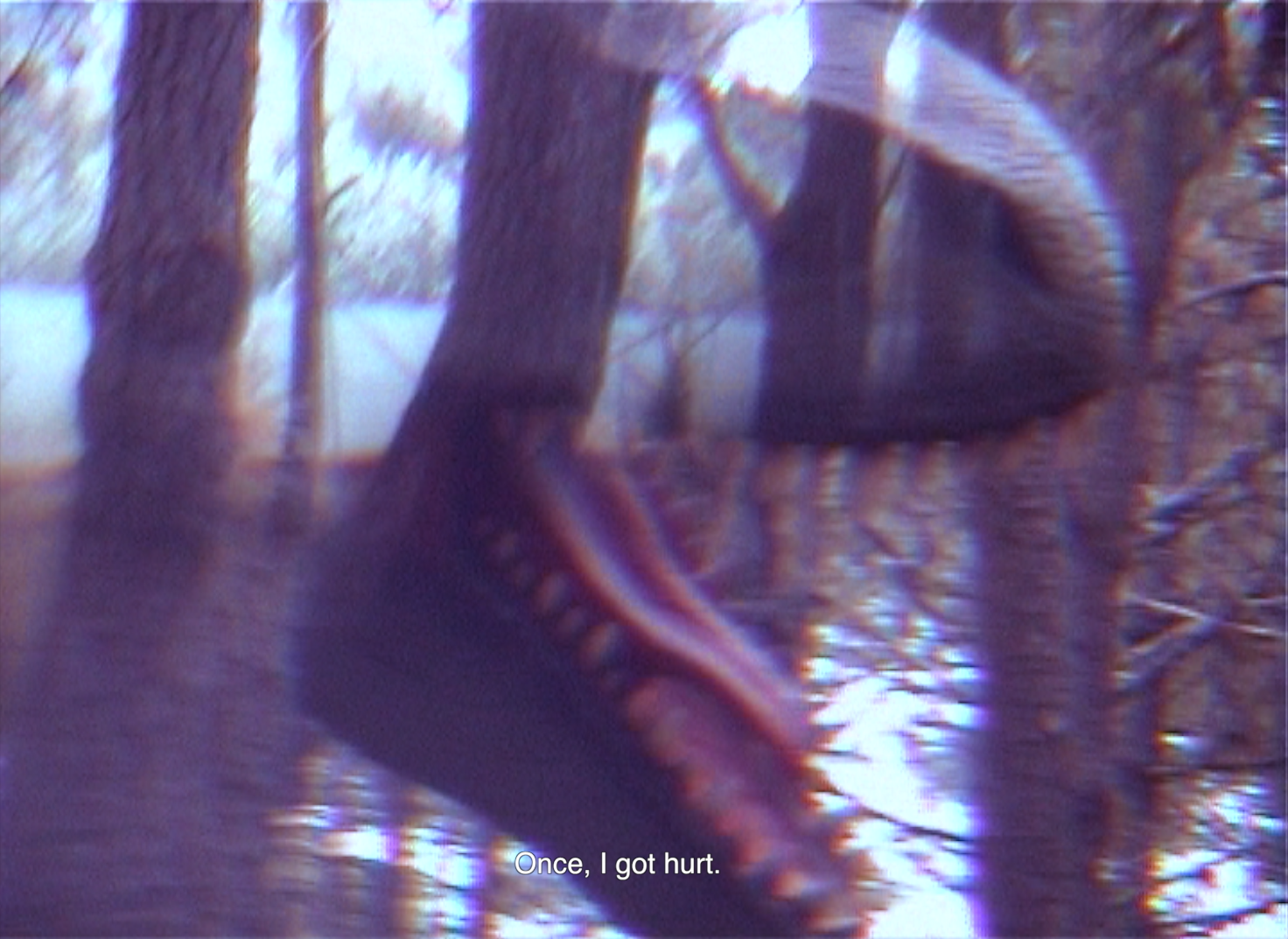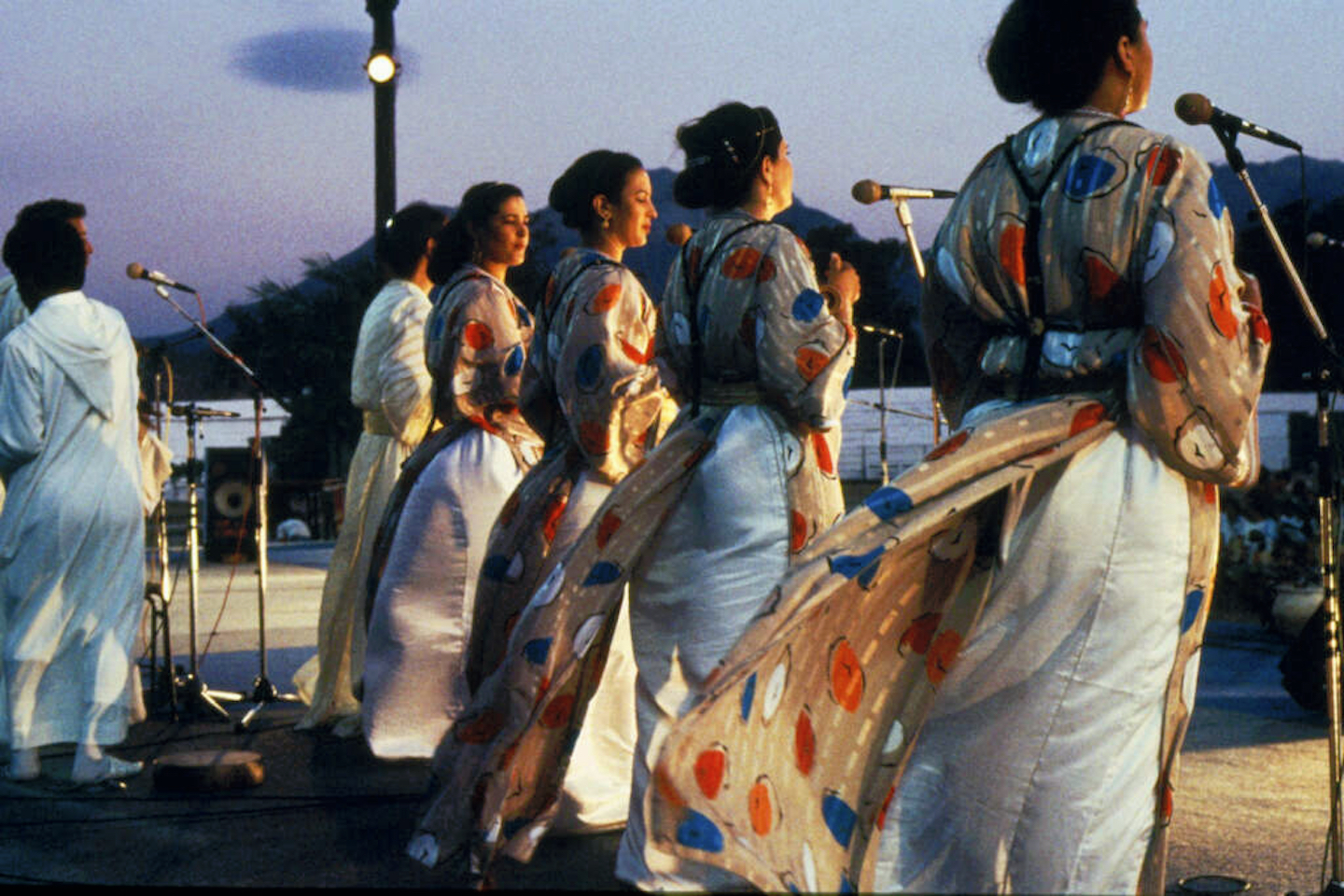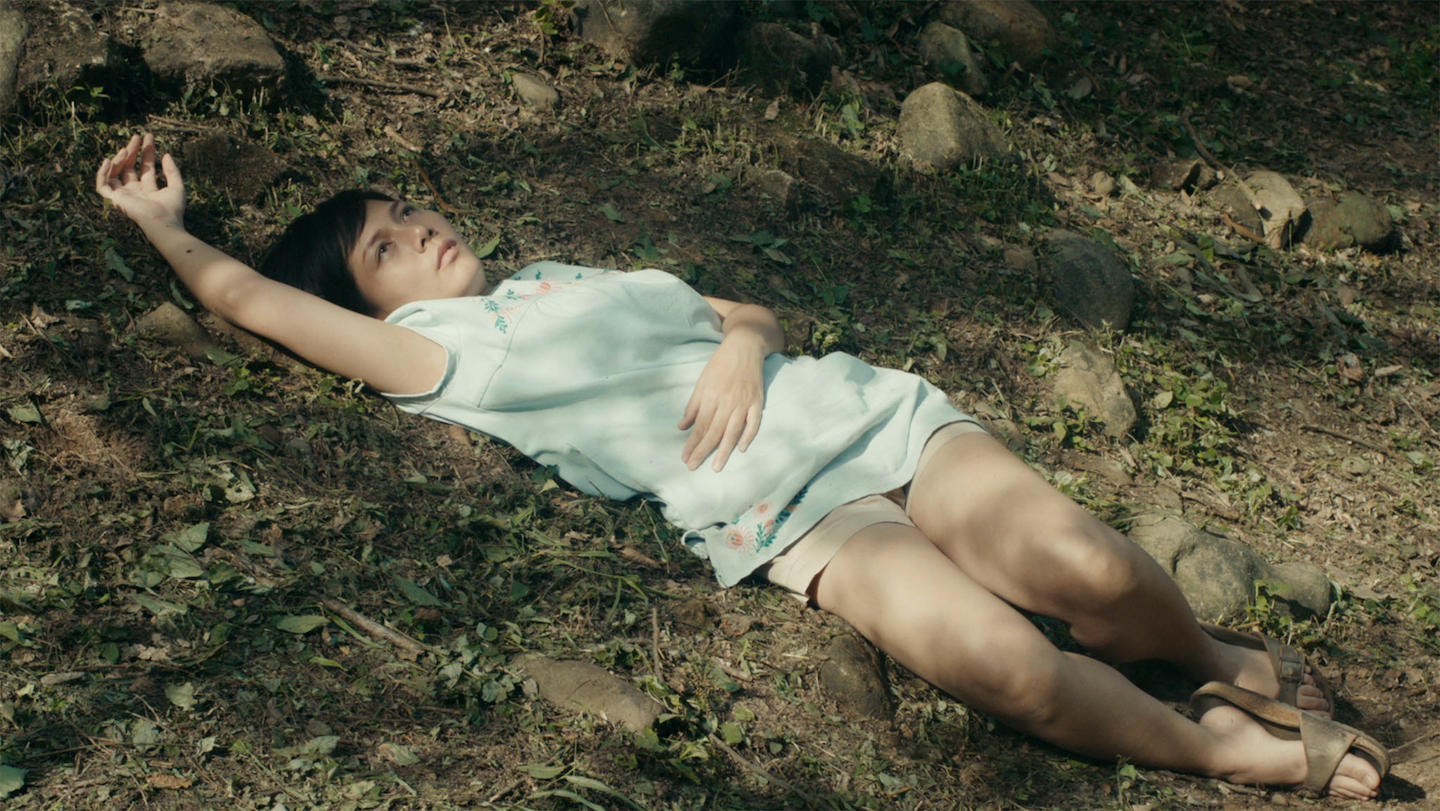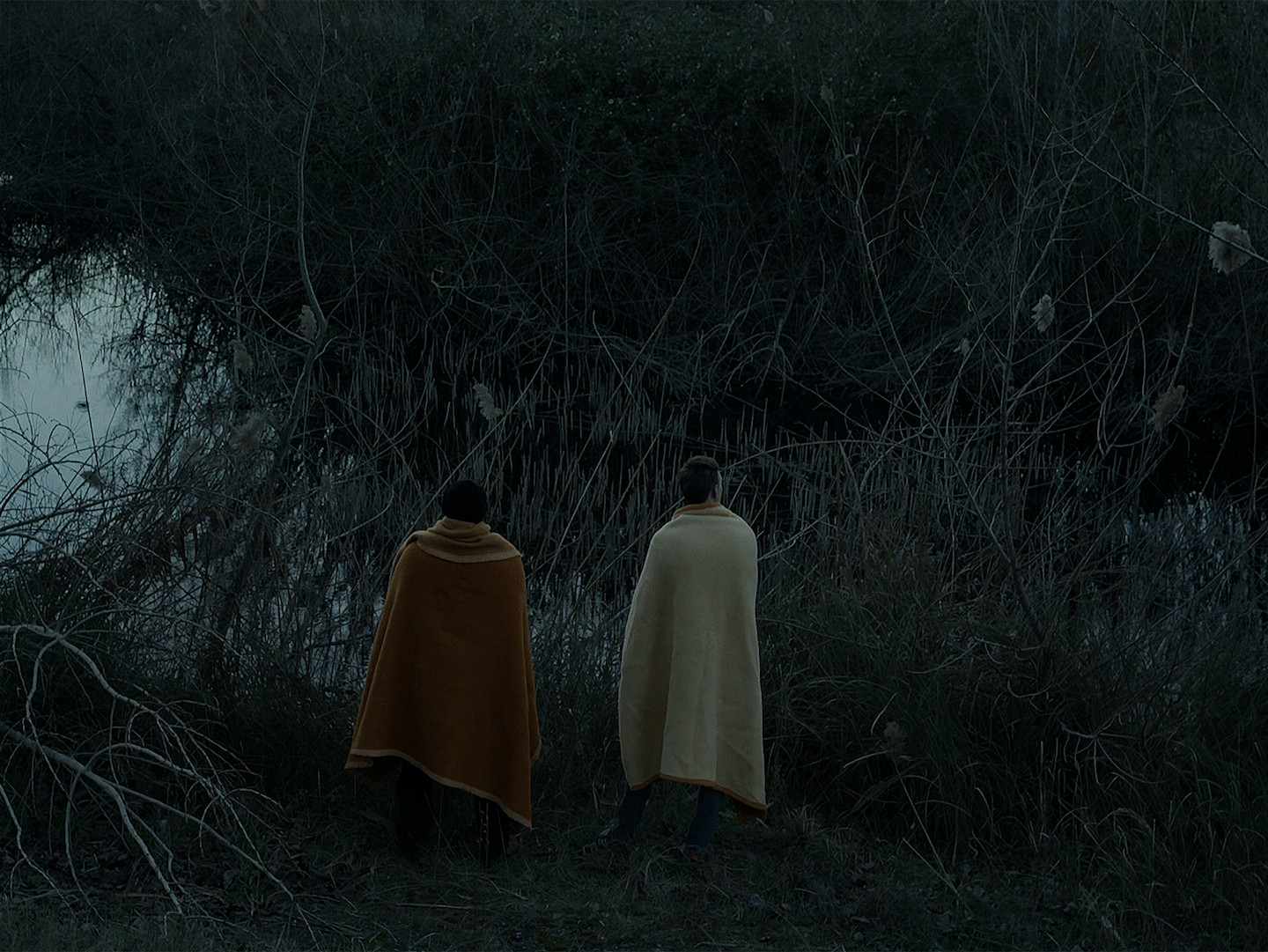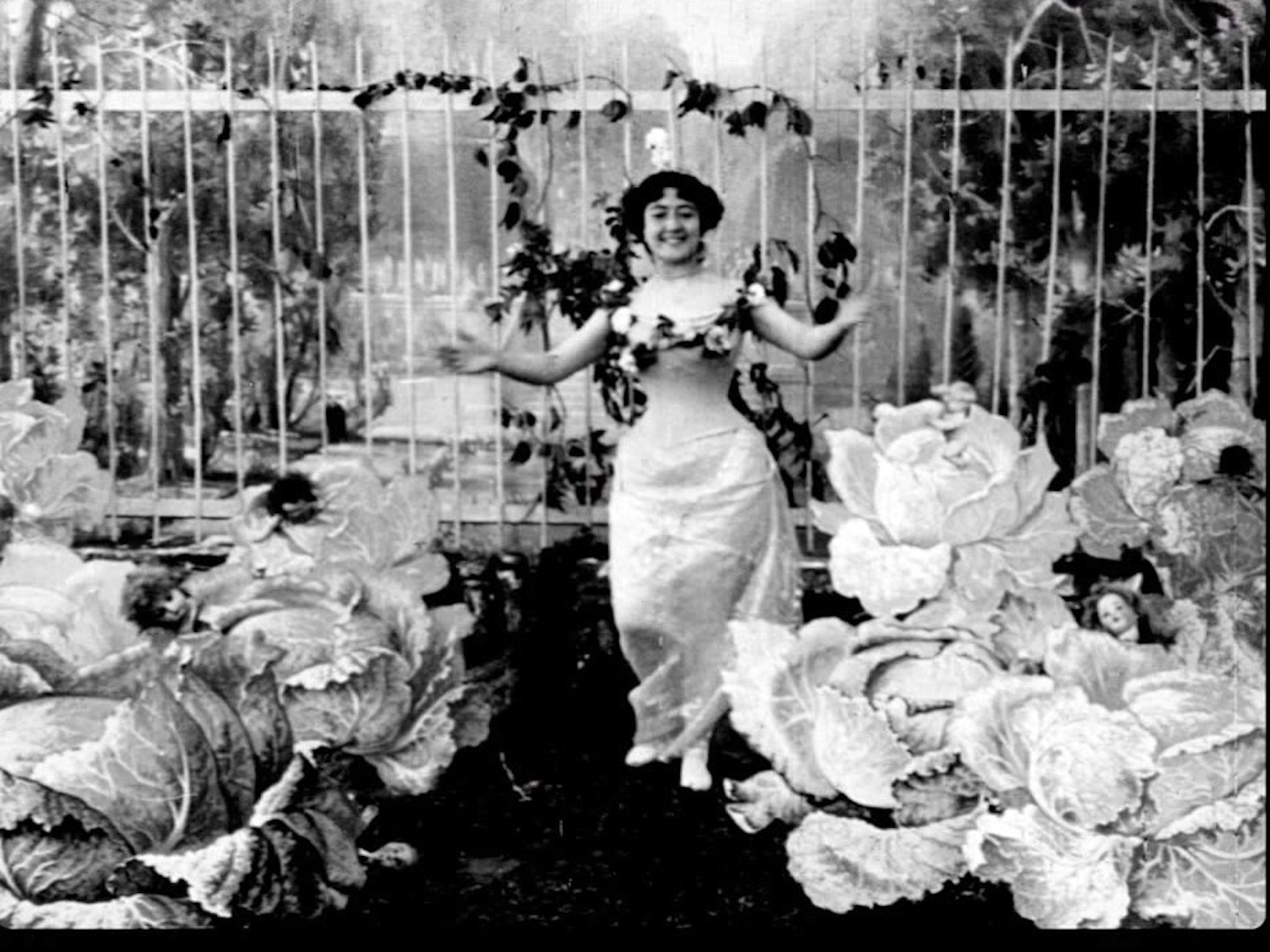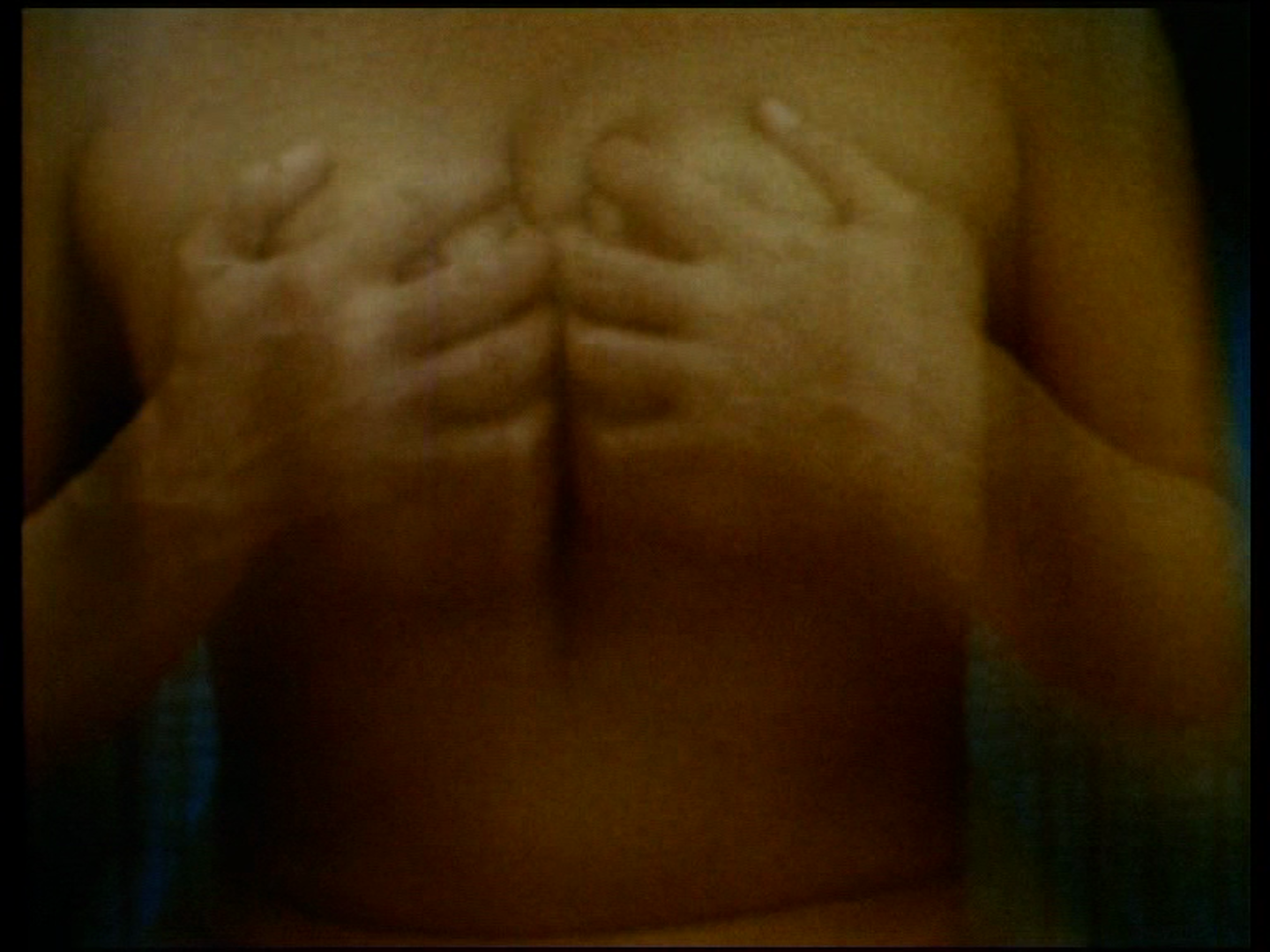Two-evening tribute screening
April 14–15, 2022
Brooklyn 11205
USA
Join us at e-flux Screening Room for two evenings in memory of Mantas Kvedaravičius, screening his documentary films Barzakh (2011) and Mariupolis (2016) on Thursday, April 14, 7pm and Friday, April 15, 7pm respectively.
“My films are not about war, but about life next to war, life lived in spite of war,” the anthropologist-turned-filmmaker has said in one of his interviews discussing Barzakh and Mariupolis. Based on anthropological research and released in 2011, Barzakh is Kvedaravičius’s debut, a poignant and affective portrayal of people undergoing political persecution, torture, and abduction in Chechnya where Russian forces fought two wars to put down rebellions between 1994 and 2009. Shot in the aftermath of the Russian-Chechnya war and the establishment of the pro-Putin government, the film came out as an unexpected discovery in the international cinema community and was praised by critics and programmers all around the world. Described as “the film that defies all boundaries“ (Frankfurter Allgemeine Zeitung) and an “astonishing revelation of life’s mysteries” (il manifesto), Barzakh was followed by Mariupolis, Kvedaravičius’s second film depicting the war-torn Ukrainian port city, in which everything but the fighting is shown. Despite the fact that Russian-backed separatists are just a few kilometers away and gunshots can be heard in the background, Kvedaravičius’s portrays Mariupol as a poetic and unusually peaceful city characteristic of its diverse and sincere community of people.
In March 2022, Mantas Kvedaravičius interrupted work on his fiction film G.O.M.A. in Uganda, and left for Ukraine, accompanied by his partner Hanna Bilobrova, with the aim of documenting the ongoing war in what he described as a “second part” to Mariupolis, arriving in Mariupol on March 20 by Biloborva’s account. Kvedaravičius was detained and subsequently killed by Russian forces. He is survived by his partner and two children.
Below are some translated excerpts from Mantas Kvedaravičius’ interview with Lithuanian film journalist Monika Gimbutaitė, which originally appeared in the Lithuanian daily 15min in 2016:
“Monika Gimbutaitė (MG): In your film Mariupolis, with a few exceptions you chose to focus on the mundane life of ordinary people, instead of depicting violence. You even dedicate the film to the city’s poets and shoemakers. Why?
Mantas Kvedaravičius (MK): Any film, any work or statement is a form of representation and ideology. My film too belongs to this category. I wanted to talk about people who are interesting to me and whom I care about. That is why this film is about them.
MG: Was it difficult to fit into the everyday life of these people?
MK: I would say it was easy. I think Mariupol is a very sincere and, in a way, open city. Of course, it has its own secrets, its own dark side, but it is open even to these.
MG: The narrative of the film is fragmented; you don’t follow one particular character or group. Why do you choose this way of storytelling? What did the process of making the film look like?
MK: First of all, of course, the main protagonist is the city, and this film is my fragmented attempt to get to know it. That’s why the film is the way it is. The process of making the film was multifaceted. Not everything was recorded on camera, only selected scenes, and then in the next stage only the footage that fit conceptually was edited into the film.
MG: In your previous film Barzakh, you intertwined reality with dreams; in Mariupolis, the shootings are accompanied by a popular melody that is dissonant to the images. Why does documentary cinema sometimes need to step back, to offer a different perspective?
MK: First of all, it is needed because the concept of documentary is still tied to the notion of objectivity. We have been saying for a long time that there is no such thing as an objective documentary, but somehow, we also imagine that documentary only reflects a certain reality. Questioning reality itself is one way of understanding interpretations, representations, and the impact of media.
MG: Roberto Bolaño’s poem about Mexico at the end of Mariupolis seems to broaden the film’s meaning even further, speaking of shared human experiences...
MK: I think that in a certain time and place every experience can resonate and connect with other experiences. But for that to happen, the experience has to be unique, not universal. In this way, its uniqueness somehow interacts with our own unique experiences.”
Thursday, April 14, 7pm
Barzakh
Lithuania/Finland, 2011
59 minutes
In a Chechen city still recovering from war, a man disappears. As daily life goes on, those in search of him are drawn into a world where encounters with diviners and legal advisors, with torturers and the tortured, with secret prisons and mythical lakes all become commonplace. When the disappeared do return in dreams, they are said to come from barzakh (limbo)—a land between the living and the dead.
Friday, April 15, 7pm
Mariupolis
Lithuania/Germany/France/Ukraine, 2016
96 minutes
A man repairs his fishing net and goes out to the bridge. Two trams run into each other—nobody is hurt and cables are fixed the same day. A small concert is given for factory workers and the sincere performance of a violinist makes them cry. Bombs fall into the sea, no one notices. Everyday life is defined by bomb threats in Mariupol, a city in the Ukraine, situated to the east of the Crimea and once populated by Greeks. It is a visually powerful homage to a city in crisis, dedicated to its poets and shoemakers.
Tickets for the program are available here. All proceeds from ticket sales will go to the filmmaker’s family.
With special thanks to Uljana Kim Studio, Vilnius; Sputnik Oy, Helsinki; The Match Factory, Cologne; and Extimacy Films, Vilnius.
Mantas Kvedaravičius was born in Biržai, Lithuania in 1976. He received a master’s degree in cultural anthropology from Oxford University and a PhD in social anthropology from Cambridge University, and taught at universities in Vilnius and New York. His debut documentary Barzakh (2011), based on field resreach and filmed in war-torn Chechnya, premiered at the Berlin Film Festival where it won the Prize of the Ecumenical Jury Special Mention and the Amnesty International Film Award, and went on to win Lithuania’s Best Documentary of the Year prize among a number of other awards from film festivals around the world. Kvedaravičius’s second documentary Mariupolis (2016) focused on daily life in the Ukrainian port city, which a year before the production of the film was at the forefront of the first stage of the Russian-Ukrainian war. The documentary screened at the Berlin Film Festival where it was nominated for the Amnesty International Film Award. In 2019, Kvedaravičius’s Parthenon, his third film—and first incursion into fiction narrative, albeit mixed with documentary techniques—premiered at the Venice Film Festival where in the Critics’ Week section. His feature narrative debut was based on three years of anthropological research among marginal communities in Odessa, Istanbul, and Athens. In March 2022, Mantas Kvedaravičius was working on his second fiction film G.O.M.A. in Uganda, when he decided to return and film in Mariupol, where he was subsequently detained and killed by Russian forces.
For more information, contact program@e-flux.com.

